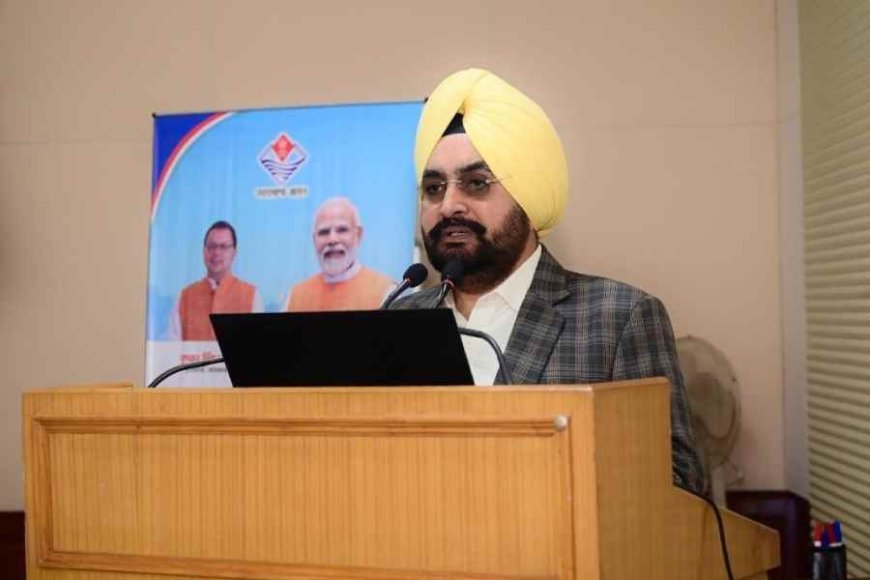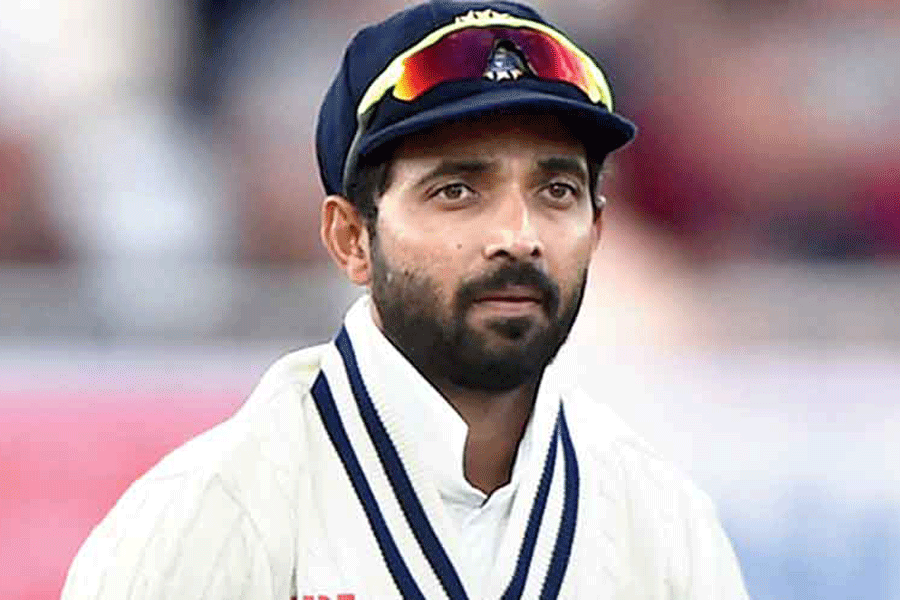Supreme Court Expresses Concern Over Appointment Procedure of Election Commissioners
Apex Court Declines to Quash Appointments but Agrees to Examine Constitutional Validity

The Supreme Court declined to overturn the appointments of Gyanesh Kumar and Sukhbhir Singh Sandhu as new election commissioners on Thursday, although it did voice "concern" over the "procedure adopted" by the Center.
The complete ruling, which was just uploaded, reveals that the supreme court was worried about the candidates' "complete details and particulars (not) being circulated (among) all members of the selection committee" that chose the pair this month.
Jaya Thakur, the head of the Madhya Pradesh Congress, and the Association for Democratic Reforms filed papers on Thursday, requesting the appointments to be quashed due to the Chief Justice of India (CJI) not being on the selection panel. The applications were dismissed by the court.
The CJI should be on the selection panel for election commissioners, a five-judge constitution bench had decided last year. However, this requirement was circumvented by the Center when it passed the Chief Election Commission and other Election Commissions (Appointment, Conditions of Service and Term of Office) Act, 2023.
The supreme court rejected the applications on Thursday, stating that it would cause "chaos" to annul the appointments so close to the general election. However, it consented to review the new law's constitutionality.
The bench of Justices Sanjiv Khanna and Dipankar Datta stated in the lengthy ruling, "We must, however, express our concern on the procedure adopted for selection of the incumbents to the two vacant posts of ECs, a significant constitutional post."
"All members of the selection committee should receive full details and particulars of the candidates before making such a decision."
Congress MP Adhir Chowdhury, the lone member of the Opposition on the selection panel, had informed reporters that he had not been provided with a shortlist of applicants or their extensive backgrounds.
Section 7(1) of the 2023 Act designates the Prime Minister, the head of the Opposition or the leader of the single largest party in the Lok Sabha, and a cabinet minister as the three members of the selection committee. The CJI was required to be the third member according to a previous ruling by the supreme court.
The bench stated on Thursday that "Section 6 of the 2023 Act postulates five prospective candidates which, prima facie, appears to mean that ten prospective candidates should have been shortlisted for two vacant posts."
"The selection process's procedural sanctity necessitates fair consideration that takes into account the candidate's qualifications and background. The process's sacredness shouldn't be compromised.
Despite the aforementioned inadequacy, we do not believe that passing any interim order or directive at this time is appropriate given the forthcoming 18th General Elections for the Lok Sabha.
As previously mentioned, this would cause anarchy and a virtual constitutional collapse. It could also be important to note that the petitioners have not addressed or questioned the qualifications of the individuals chosen or appointed to serve as ECs.
Furthermore, since the EC is a constitutional post, it is prudent to remember that, upon selection, a constitutional post bearer is obligated to act in compliance with both the letter and the spirit of the Constitution. It is assumed that they will conduct themselves in a manner consistent with their constitutional roles and proprieties.
The bench stated that it would be "plainly impermissible without declaring Section 7(1) as unconstitutional" to revoke the appointments.
"In addition, if such a contention were accepted, we would be enacting or writing a new law replacing or modifying Section 7(1) of the Act, as enacted by the Parliament," the statement stated.
"However good a constitution may be, if those who are implementing it are not good, it will prove to be bad," B.R. Ambedkar was stated by the bench. No matter how awful a constitution is, it will still work well if the people enforcing it are good.
The statement said, "We would clarify that, as the matter is sub-judice, the observations in this order are tentative and should not be treated as final and binding."
Except for the headline, this story has not been edited by Press Time staff and has been published from a syndicated feed.























































